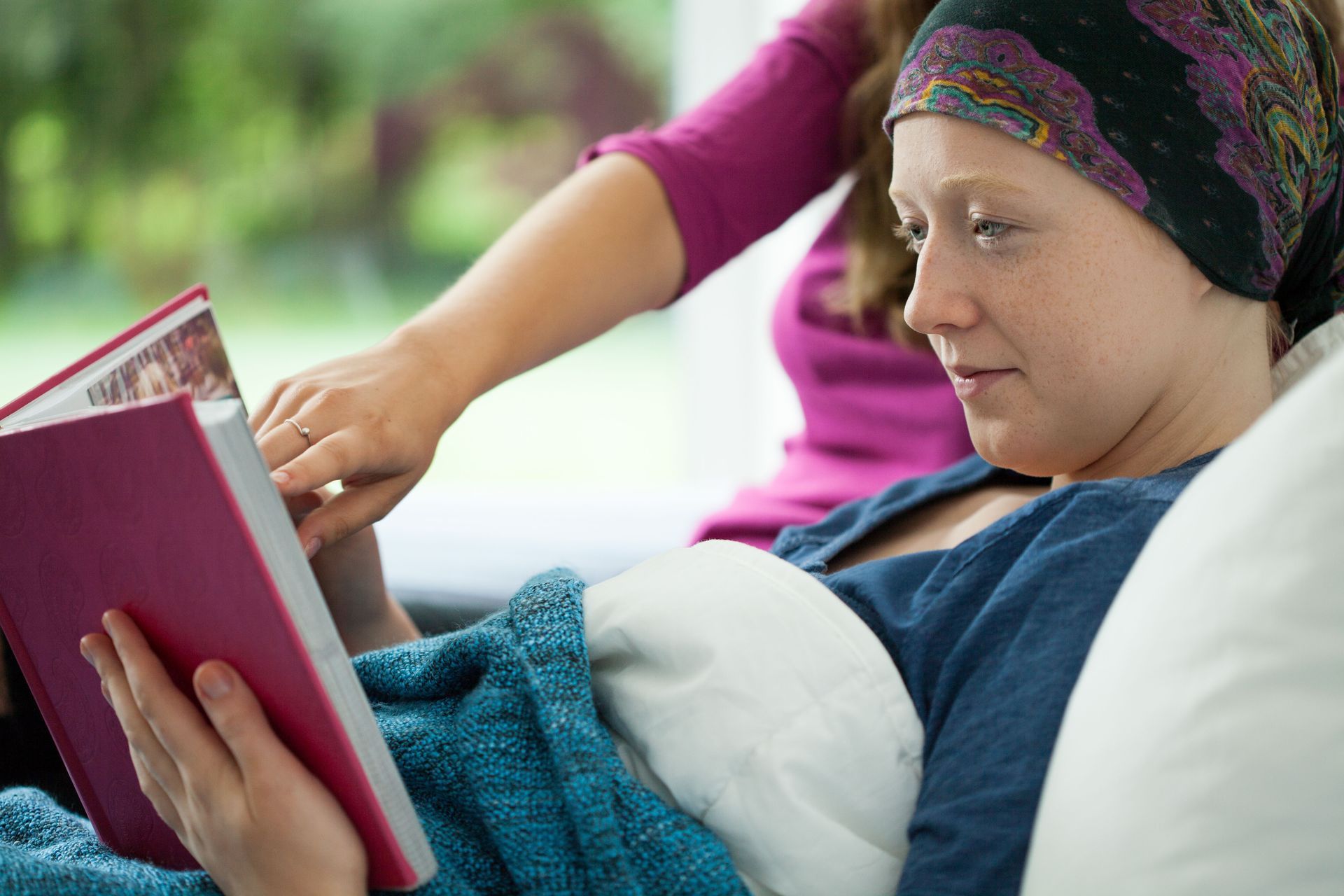Can I Prevent Skin Damage During Radiation Treatment?
Tips to Minimize Skin Side Effects Throughout Your Radiation Journey
Radiation therapy plays a vital role in cancer treatment, but it often comes with side effects—especially for your skin. Many patients experience redness, dryness, peeling, or even burns in the treated area. While some level of skin irritation is common, there are ways to care for your skin and reduce the severity of these effects.
Understanding Why Skin Reacts to Radiation
Radiation therapy targets cancer cells, but it can also affect nearby healthy skin cells. This leads to inflammation, irritation, and a slower healing process. The severity of skin reactions can vary based on the location of treatment, the dose, and individual sensitivity.
Ways to Protect Your Skin During Treatment
- Use Gentle Skincare Products
Avoid harsh soaps, exfoliants, and heavily fragranced products. Instead, opt for mild, non-irritating cleansers and moisturizers designed for sensitive or compromised skin. - Moisturize Regularly
Hydrating your skin can help prevent dryness and cracking. Apply a gentle, radiation-safe moisturizer at least twice daily—or as recommended by your care team.
Kureology M.D. specializes in skincare products formulated specifically for individuals undergoing cancer treatments, offering formulas that soothe and support healing skin. These products are designed to be used during radiation therapy to help maintain hydration and skin health. - Protect the Treated Area from the Sun
Your skin will be more sensitive to UV rays during radiation. Cover treated areas with loose, soft clothing and use a non-chemical sunscreen if sun exposure is unavoidable. - Avoid Hot Water and Friction
Long, hot showers can worsen irritation. Use lukewarm water and avoid scrubbing the skin. Gently pat dry with a soft towel rather than rubbing. - Talk to Your Care Team Early
Let your oncologist or dermatologist know if you notice any changes to your skin. Early intervention can help prevent worsening symptoms or infections.
Consistency is Key
Caring for your skin daily can help reduce discomfort and support healing. Everyone’s skin responds differently, but a consistent and gentle routine offers the best chance of minimizing side effects.
Learn More About Kureology M.D.
If you’re undergoing radiation therapy and need specialized skincare recommendations, Kureology M.D. offers a range of products designed to soothe, hydrate, and protect compromised skin. Their products are formulated specifically for cancer patients and can help minimize radiation side effects, supporting your skin’s health throughout your treatment journey. Contact us today to learn more about our recommended products and expert skincare guidance.





Share On: